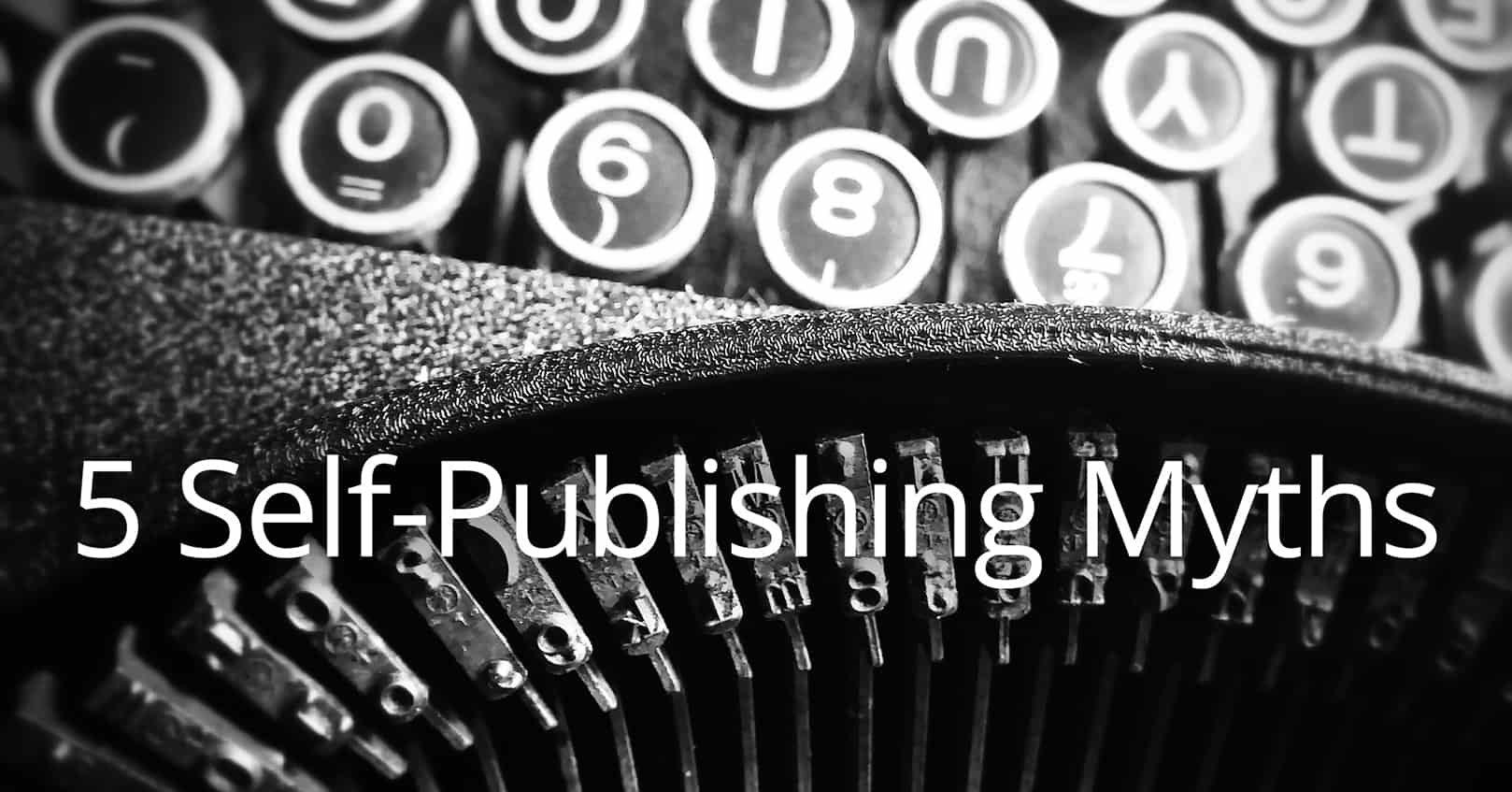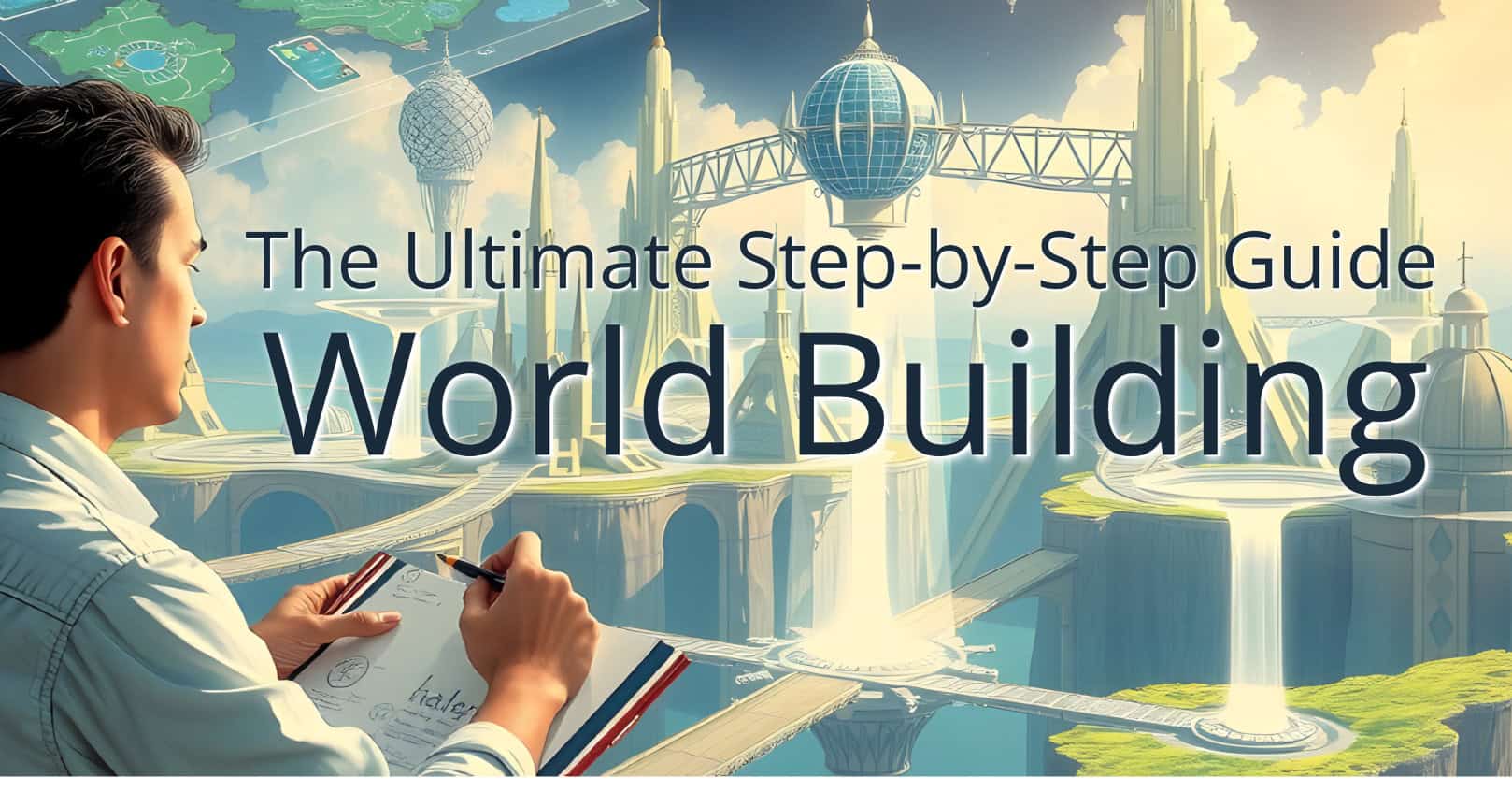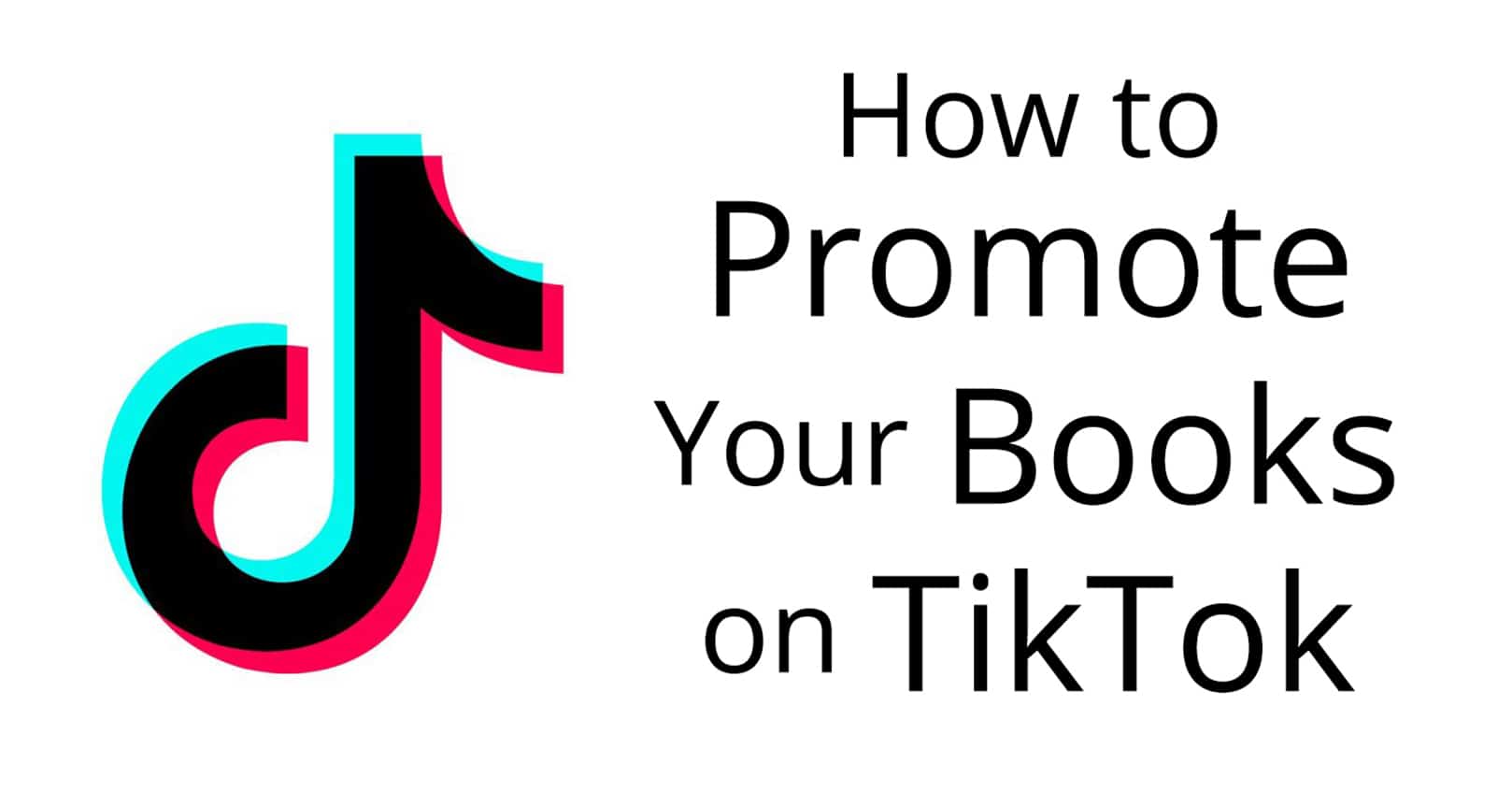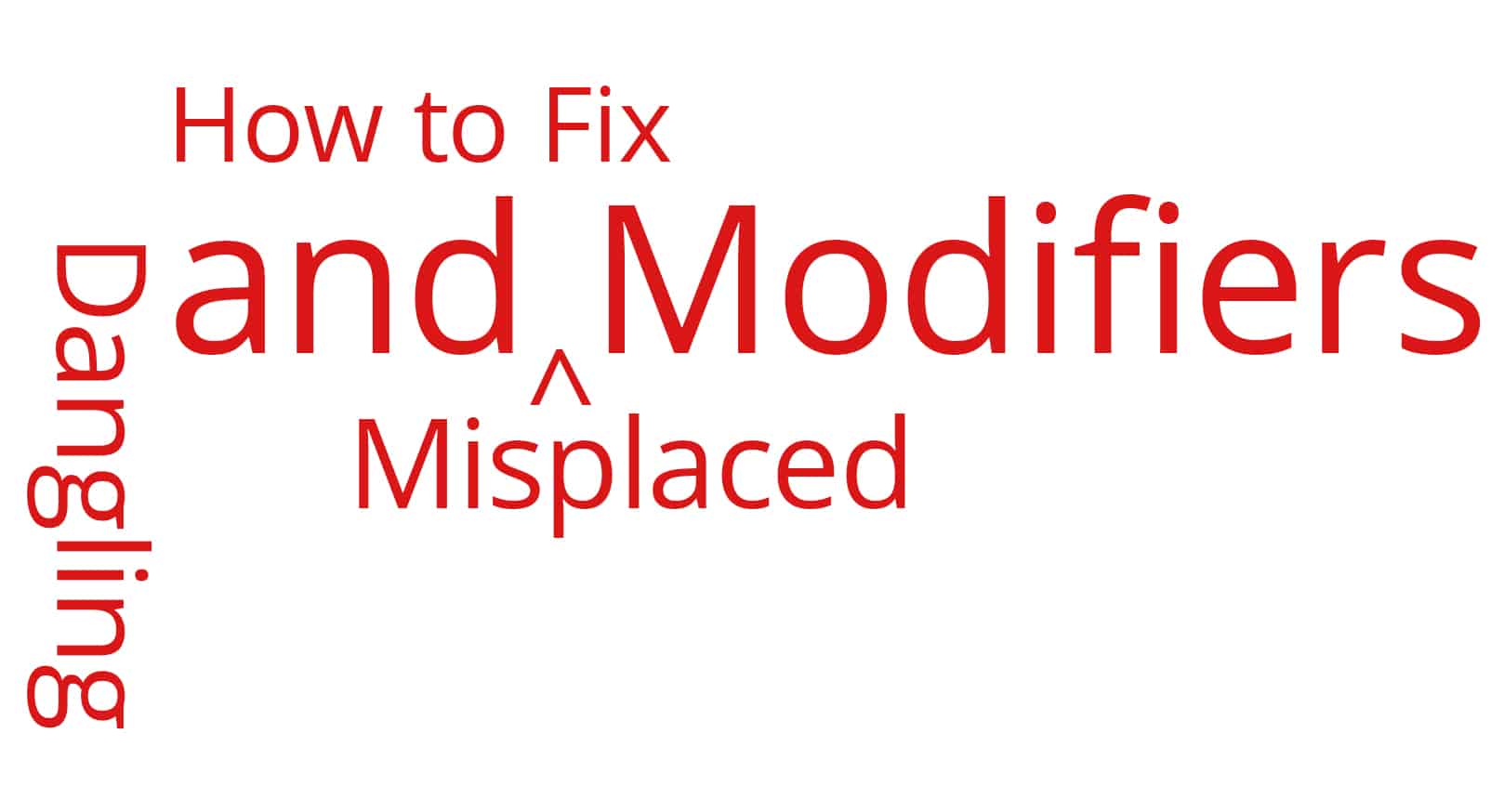
There is a lot of misinformation out there about self-publishing. Here are 5 self-publishing myths to help clear up some of the confusion.
1. Self-Publishing is easy money.
Self-publishing is hard work. Not only are you responsible for writing and getting the book professionally edited, you also have to format it, create a cover, upload it to retailers, and market it. With so many other self-published books out there, you have to work hard to get yours noticed.
2. You can’t make money with self-publishing.
While self-publishing is hard work, you can actually make money doing it if you put out a quality product and promote it well. This means you have to pay a professional editor and, if you’re not experienced at cover design, a cover designer. It also means you have to regularly promote your books, because promotion is never a one-time thing.
You can read more about how much money you can make with traditional publishing versus self-publishing here.
3. If you self-publish, you have to do way more promotion than you would with traditional publishing.
While traditional publishers may do some promotion (perhaps they get your book into bookstores and post on their site), much of the promotion still falls to the author. Only big-budget books (usually books written by already popular authors) get more promotion. And generally, publishers will promote for about three months and then focus on their newest books. This means an author with a traditional publisher may still have to do many of the things a self-published author does: post about their book on their own website and social media, ask for reviews and promote their other books in the backmatter, submit their books to promotion sites like Book Cave, and so on. Except an author with a traditional publisher has less or no say on when their book goes on sale and for how much, making the book harder to promote.
4. Self-publishing makes it less likely to sign a deal with a traditional publisher later.
Traditional publishing is all about selecting and publishing books that the publisher thinks will sell. If you’ve established a reader base with self-publishing, that will actually increase your chances of getting a deal with a traditional publisher. Of course, if you’re self-publishing poorly-edited book, that would hurt your chances, so you should always be using a professional editor.
Keep in mind that we’re talking about submitting a newly written book to a publisher, not your self-published book. Most publishers will not re-publish a book that has already been published, even if it was self-published.
5. Self-published books aren’t as good as traditionally published books.
While it is true there is a lot of self-published titles that are subpar, there are also a lot of high-quality, self-published books by serious authors. A self-published book can be as good as, and even better, than a traditionally published book. As long as your book is well-written, your plot solid, and you’ve invested in a good editor and cover design, readers won’t care (or even know) whether your book is self-published or traditionally published.
What self-publishing myths have you heard? Let us know in the comments below!















Comments